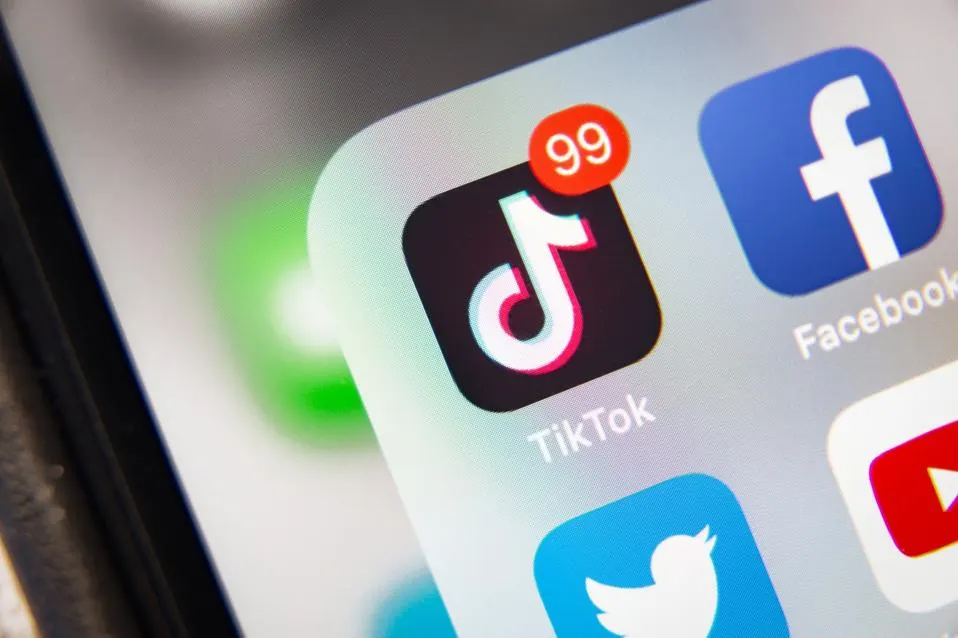In Bangladesh, a series of bans have been implemented affecting popular messaging and social media platforms such as WhatsApp, Instagram, TikTok, and YouTube. The disruptions began on July 17, when mobile internet services were first disabled. The following day, broadband services were also shut down.
Between July 17 and July 31, restrictions extended to major social media platforms, including Facebook, Messenger, and WhatsApp. On July 23, broadband services were partially restored, but mobile internet remained unavailable until July 28.
The most recent ban, which was announced on a Friday afternoon, targeted TikTok and YouTube, impacting mobile connections while broadband connections remained functional.
The primary reason behind these measures is the ongoing protests against a controversial quota system in Bangladesh. Students nationwide have been protesting against a reservation system that allocated 30% of government jobs to descendants of those who fought in the 1971 War of Independence.

Protesters argue that this system unfairly benefits supporters of the ruling Awami League party, which led the fight against Pakistan during the war. The protests have been intense and have resulted in over 200 deaths due to clashes with the police and groups affiliated with the ruling party.
After more than two weeks of unrest, the Supreme Court intervened and revised the quota system, reducing the reservation from 30% to 5%. The majority of government job seats, now 93%, will be allocated based on merit, while the remaining 2% are reserved for ethnic minorities, transgender individuals, and people with disabilities.
Despite this legal adjustment, the protests continue as campaigners demand the release of individuals who have been unjustly imprisoned and the resignation of officers responsible for the violence.
The effectiveness of censorship as a response to such protests is debated. While censorship can prevent the spread of inflammatory content and reduce the potential for escalating violence, it also impedes the free flow of information and may infringe on citizens’ rights to free speech.
Countries with autocratic tendencies, like North Korea and China, often use censorship as a tool to maintain control. In Bangladesh, the current blackout reflects this approach, though it raises concerns about its impact on public discourse and access to information.
The duration and ultimate resolution of the bans in Bangladesh remain uncertain. As the situation evolves, the balance between maintaining public order and respecting democratic freedoms will continue to be a contentious issue.
The ongoing nature of the protests and the government’s response highlight the complex interplay between state control and civil liberties in times of social unrest.
